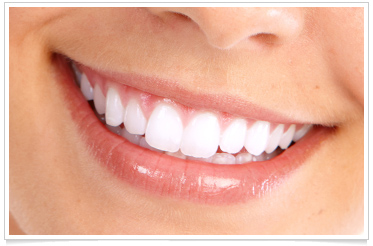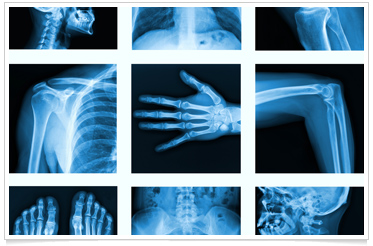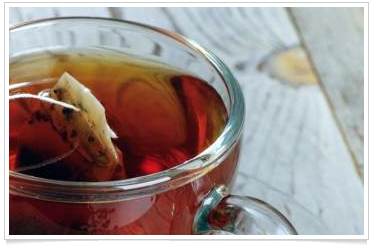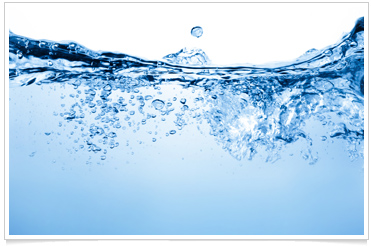FAQ's
In this part of the website, TAP set the record straight on ‘science’ myths and frequently asked questions associated with tea and infusions. If you have any further questions, please call the Press Office on 0203 6000228.
“Does drinking tea prevent iron from being absorbed from foods resulting in iron deficiency?”
Drinking tea will not result in iron deficiency for healthy individuals who are consuming a varied and balanced diet. The absorption of iron is influenced by a number of factors including the amount of iron consumed, the chemical form (haem animal sources including meat, eggs, fish, etc versus non-haem vegetable sources including cereals, pulses, dried fruit, etc), interaction with other dietary factors and an individual's physiological condition (status of iron stores, period of growth, menstruation or pregnancy).
It has been suggested that certain compounds found in tea, called polyphenols, could reduce the absorption of non-haem iron from foods. However, studies looking at whether tea affects the actual iron status of individuals have concluded that there is insufficient evidence to suggest that drinking tea causes problems in healthy people. In the mean time it is advised that those who have a poor iron status or are at risk of iron deficiency should avoid drinking tea with meals, and instead to wait one hour after the end of a meal before enjoying a cup of tea.
Those not at risk of iron deficiency can enjoy drinking tea at any time of the day.

“Is the high level of fluoride in tea harmful?”
No, fluoride is known to protect teeth from dental caries. The tea plant accumulates fluoride from the soil and for this reason a cup of tea is a natural source of fluoride.

“Is drinking tea bad for the bones?”
No. In the past it was thought that certain constituents found in tea, such as caffeine and fluoride, may weaken the bones. However, recent research is now suggesting that drinking tea can actually have a positive effect on bones.
Studies among older women have found that women who drank four or more cups of tea a day had improved bone density compared to women who were non-tea drinkers.
Furthermore, the milk that is added to tea, as enjoyed by the majority of the UK population, is a source of Calcium, which is important for bone health. In fact, the milk in four cups of tea a day provides 30% of an adult's daily calcium requirements.

“Does tea contain nearly as much caffeine as coffee?”
The idea that tea contains as much caffeine as coffee is erroneous. A cup of tea contains 50mg of caffeine - about a third of the caffeine in an average cup of filtered coffee and proportionately much less compared to an espresso.

“Does tea count to your 8 cups of fluid a day?”
Tea contains aproximately 99% water. It is an important source of fluid and can count towards your daily intake of 8 cups of fluid. Both the Food Standards Agency and the British Dietetic Association advise that tea can help to meeting daily fluid requirements.
Tea consumption does not produce a diuretic effect unless the amount of tea consumed at one sitting contained more than 300mg of caffeine. This is equivalent to six or seven cups of tea at one sitting.
Single servings of caffeine at doses exceeding 300mg may have a diuretic effect.
However, a tolerance to caffeine develops so in the unlikely event of there being any diuretic effect, this effect is diminished in people who regularly drink tea.

Latest news
-

Four Cuppas A Day Could Help Keep Inflammatory…
A regular brew may help reduce inflammation, especially in people with existing high levels, suggests new… Read More -

BANISH BLUE MONDAY BY MAKING IT A BREW…
New survey shows two thirds need a cuppa to tackle the day ahead. 33% say tea… Read More -

A THIRD OF BRITS TURN TO TEA TO…
Turning a cuppa into an occasion this Afternoon Tea Week could also support a healthy heart,… Read More